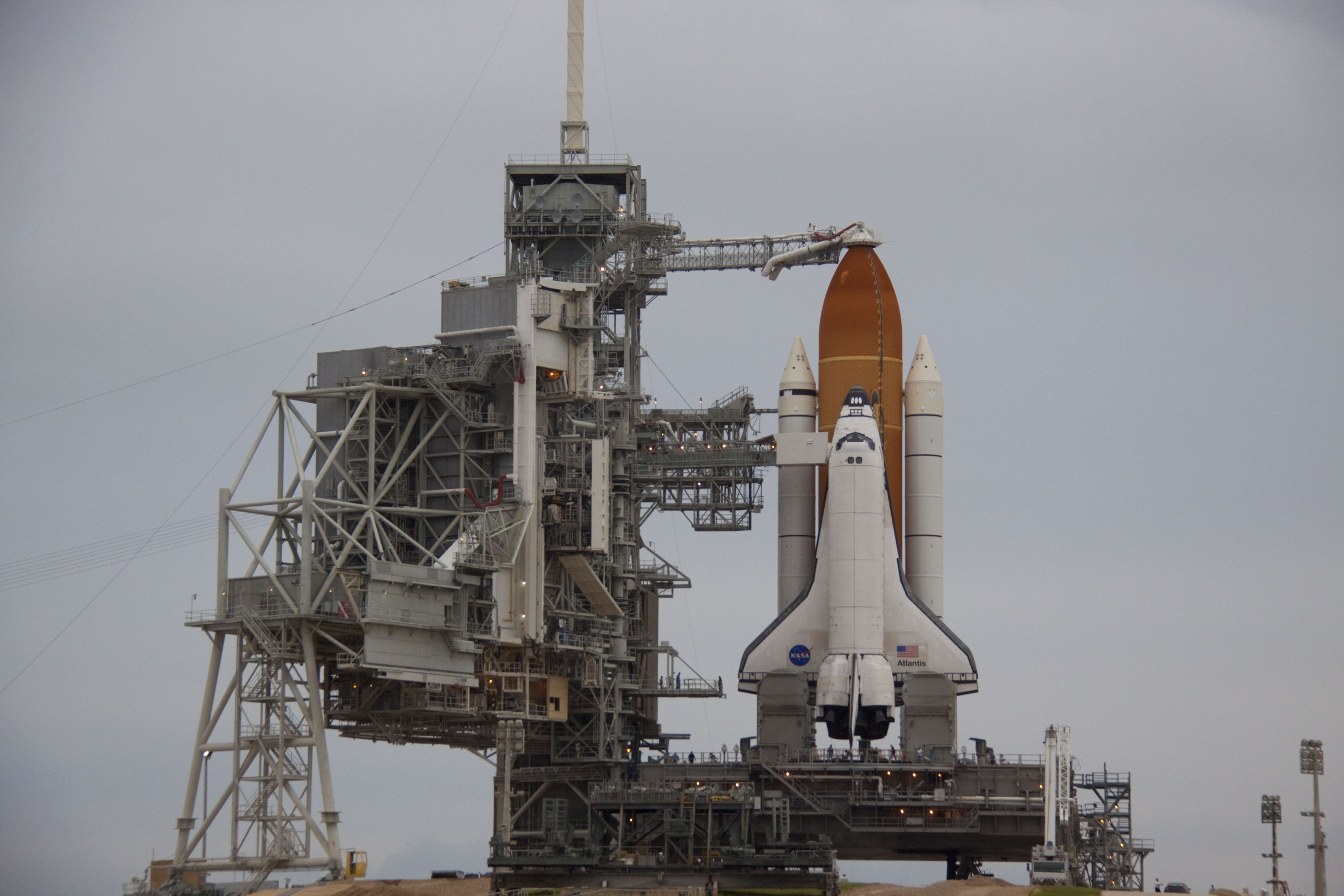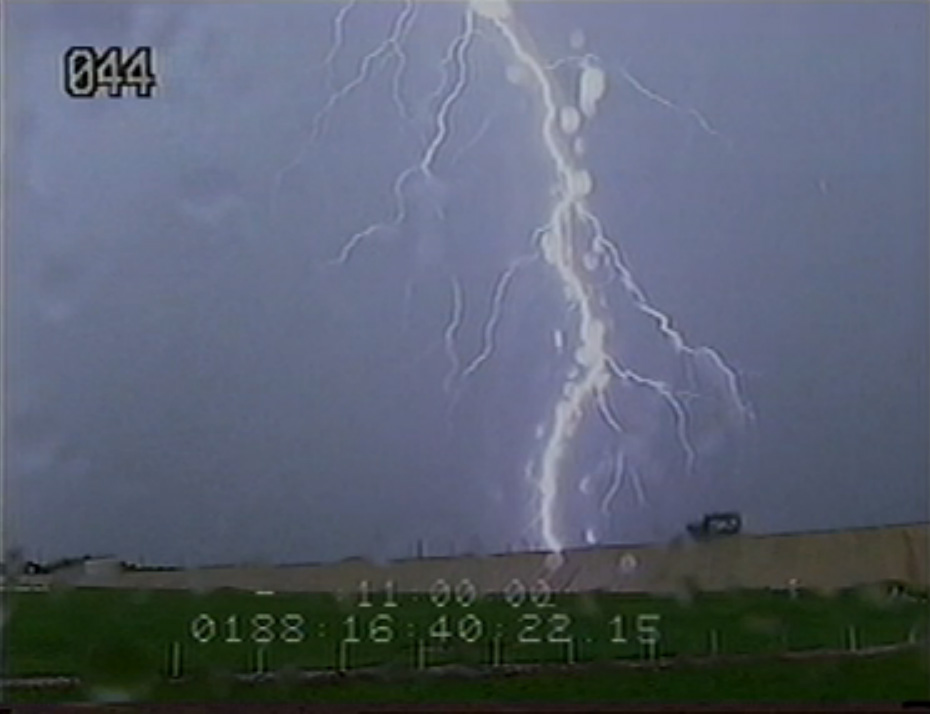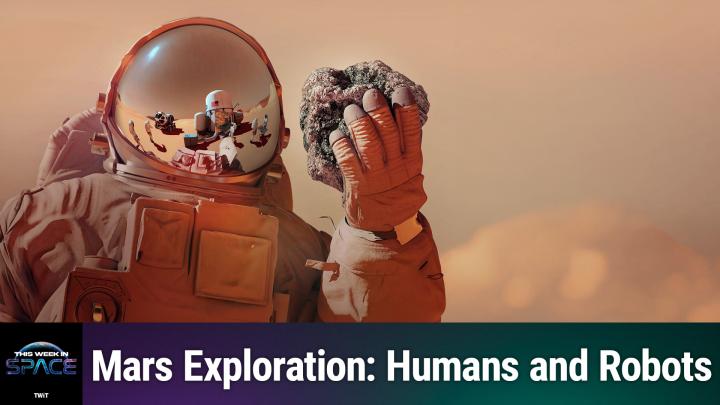NASA Checks Shuttle After Lightning Strike Near Launch Pad

Breaking space news, the latest updates on rocket launches, skywatching events and more!
You are now subscribed
Your newsletter sign-up was successful
Want to add more newsletters?
This story was updated at 6:46 p.m. EDT.
CAPE CANAVERAL, Fla. – NASA checked the shuttle Atlantis for any damage from two lightning strikes within a mile of the spacecraft today (July 7), just one day before the agency's last space shuttle launch ever, agency officials said.
The midday lightning strikes touched down within one-third of a mile of Atlantis, which is perched atop Launch Pad 39A for NASA's final shuttle launch on Friday. The shuttle is slated to launch tomorrow at 11:26 a.m. EDT (1526 GMT), but only if weather allows and the vehicle is undamaged by lightning.
"Right now there's no obvious damage," NASA spokesperson Allard Beutel told reporters.
A team of engineers inspected Atlantis and its launch pad ground systems to make sure both were unharmed by the nearby lightning, Beutel said. Sensors did not show any power spikes that would suggest a major hit, he added. [Photos: NASA Prepares for Final Shuttle Flight]
The lightning strikes occurred at 12:31 p.m. EDT (1631 GMT) and 12:40 p.m. EDT (1640 GMT). The first strike hit about 515 feet (157 meters) from Atlantis atop its pad. The second lightning bolt hit a beach northeast of the launch pad.
Atlantis is poised to launch NASA's final space shuttle mission, a delivery flight to the International Space Station. But the agency has been fighting a battle with dismal weather. Forecasts currently predict a 70 percent chance that thunderstorms, lightning and clouds will delay tomorrow's launch try.
Breaking space news, the latest updates on rocket launches, skywatching events and more!
Bad weather delayed work today to roll back a shroud-like structure that protects Atlantis from severe weather at the launch pad. More storms are expected for the next day.
"We're going to be dodging storms for the next 24 hours," Beutel said.
Florida, in fact, is the most lightning-prone state in America.
NASA's final shuttle mission is a 12-day mission to deliver supplies to the International Space Station. It will be the 33rd launch of Atlantis and 135th mission for NASA's 30-year shuttle program.
NASA is retiring its shuttle fleet after three decades to make way for a new program aimed at deep space exploration of asteroids and Mars. After Atlantis completes its last voyage, the shuttle and its sister ships Discovery and Endeavour will spend their final days on display at museums.
You can follow SPACE.com Managing Editor Tariq Malik on Twitter @tariqjmalik. Visit SPACE.com for complete coverage of Atlantis' final mission STS-135 or follow us @Spacedotcom and on Facebook.

Tariq is the award-winning Editor-in-Chief of Space.com and joined the team in 2001. He covers human spaceflight, as well as skywatching and entertainment. He became Space.com's Editor-in-Chief in 2019. Before joining Space.com, Tariq was a staff reporter for The Los Angeles Times covering education and city beats in La Habra, Fullerton and Huntington Beach. He's a recipient of the 2022 Harry Kolcum Award for excellence in space reporting and the 2025 Space Pioneer Award from the National Space Society. He is an Eagle Scout and Space Camp alum with journalism degrees from the USC and NYU. You can find Tariq at Space.com and as the co-host to the This Week In Space podcast on the TWiT network. To see his latest project, you can follow Tariq on Twitter @tariqjmalik.

